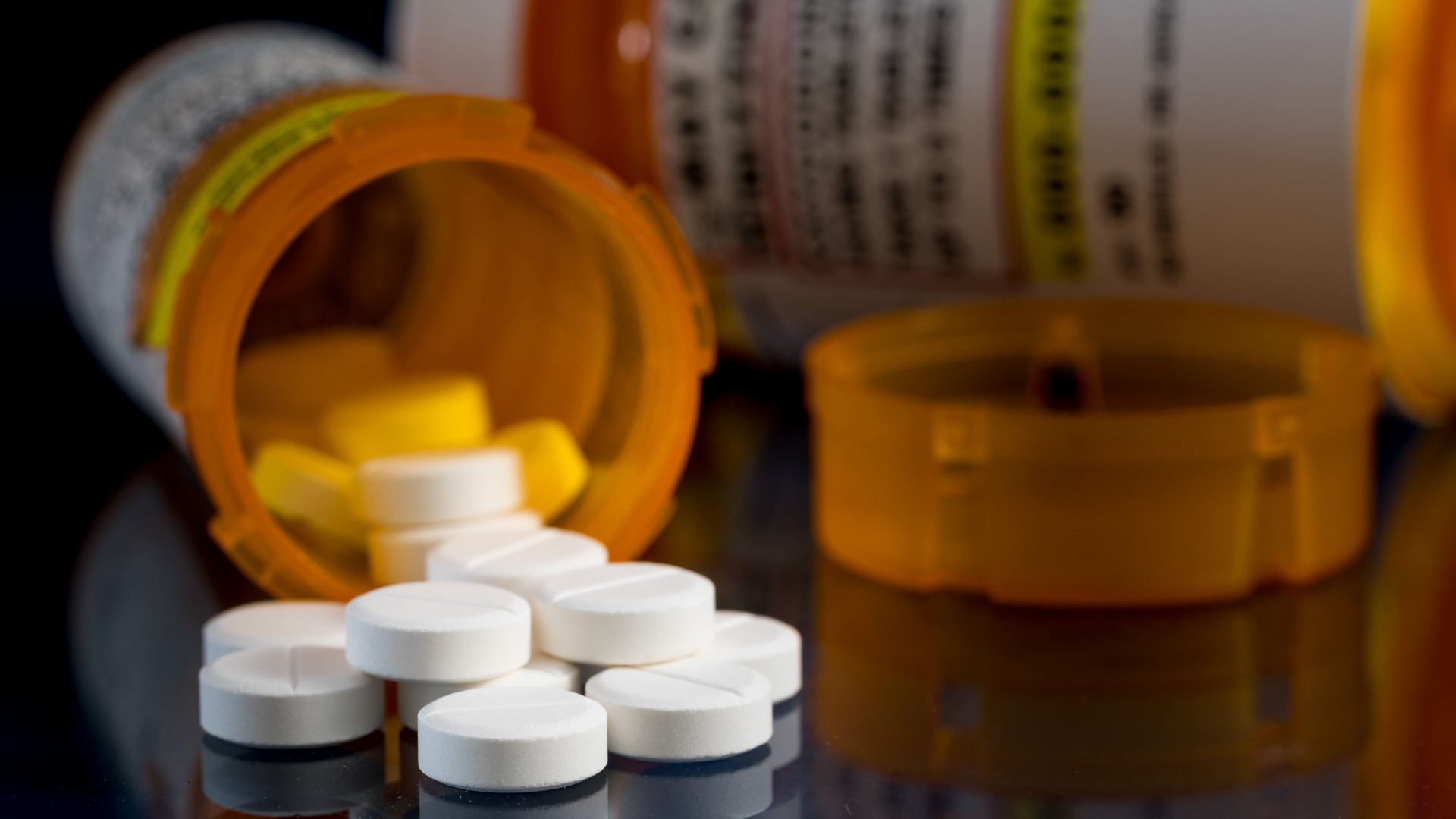AUGUSTA, Maine — On Thursday, July 15, Gov. Janet Mills is holding the third annual Governor's Opioid Response Summit in an effort to bring together leaders on the local and national levels to talk about recovery, prevention, and treatment. The summit (called "Prevention, Perseverance, and Promise") is happening virtually from 8:15 a.m. to 3:30 p.m. and is open to all members of the public, who can register online here for a $35 fee.
This summit comes after the Maine Attorney General's Office released its 2020 Drug Overdose Death Report, revealing that 504 people died by drugs in Maine last year. That's a 33 percent increase over 2019 numbers. Data indicates 336 deaths in 2020 were caused by non-pharmaceutical fentanyl, which is a 30 percent increase compared to 2019.
Experts on the frontlines say trends so far in 2021 don't point to signs of an improvement.
"The drug overdose data that the state is releasing every month is showing us that we're losing about 11 people a week," said Courtney Allen, policy director for the Maine Recovery Advocacy Project. For many fighting this crisis, even just one life lost is too many.
"Each and every one of those people -- we know them by name," Allen expressed. "They're our friends and our family members and our allies."
As of this year, different initiatives are happening at the state level in an effort to create change. While advocates say there is still a lot of work to be done, every movement to recognize the crisis is a step in the right direction.
Partnership to End Addiction's SPIKE Auto Text Program
The Maine Department of Health and Human Services is working with the Partnership to End Addiction by launching a free texting service. It's designed to alert Mainers who use it of any sudden increases in overdoses in their communities (sometimes caused by high-risk batches of substances, since drugs that aren't regulated can be unpredictable). The service is for anyone in the public who wants to be notified -- people using drugs, loved ones of those using drugs, concerned citizens, etc.
Dr. Jessica Pollard, director of the Maine Office of Behavioral Health, says Maine is the first state to implement this service statewide since other states have only incorporated it into a single county or region. The service also has another use -- linking people to resources through Maine's OPTIONS initiative.
"We plan to not just put out the SPIKE alerts but also connect people to resources," Pollard explained. "Where can they go to get the life-saving drug Naloxone? Where can they go to be supported?"
To sign up, individuals can text SPIKE at 1-855-963-5669.
The Maine Maternal Opioid Misuse Program
At the beginning of July, the Department of Health and Human Services also launched another initiative -- the MaineMOM program, designed to help pregnant and new mothers struggling with substance use. This program will help these women get their pregnancy and substance use treatment in one place with other wraparound services (like housing and food support) to try to ensure success. It will also offer a peer support program and is available for up to 12 months post-partum.
MaineMOM has been made possible with a five-year, $5.3 million grant from the federal government and is one of 10 states taking part so far. Those involved say, unlike other states, though, every county in Maine is covered with five partners at 17 sites across the region. Dr. Alane O'Connor, the clinical advisor for MaineMOM, says about seven to eight percent of pregnancies in Maine are substance-exposed in both rural and urban areas. The goal is that this program will become a regular part of MaineCare.
"Pregnancy and postpartum -- it's a really stressful and difficult time, and it feels like it's a lot to juggle and manage, even if you don't have any issues with substance use disorder," Michelle Probert, director of MaineCare, expressed about the importance of the program.
"I think people perceive, you know, why can't people just stop using?" O'Connor said about the stigma of a substance use disorder, especially for mothers. "I think that's particularly true when it's a pregnant patient because there's a fetus that's involved."
New law per L.D. 488
Some new laws in Maine are also addressing the drug crisis. L.D. 488 ("Resolve, To Expand Recovery Community Organizations throughout Maine") will bring recovery community centers to more parts of Maine. These centers are run by recovery community organizations (independent non-profits) and are designed to support people in recovery by connecting them to recovery coaches, peer support groups, and other resources.
According to this bill, Maine will have 13 recovery community centers in nine of its counties by the end of 2021 -- but seven counties still don't have one. The bill's primary co-sponsor Rep. Ryan Fecteau, speaker of the Maine Housing of Representatives, says the goal is to prioritize these regions.
"I think if there's one thing we know, it's that we cannot act soon enough to address the issues that we face, as it relates to substance use disorder," Fecteau expressed. "We need to deploy all of our resources as fast as we can to as many people as we can."
New law per L.D. 994
L.D. 994 ("An Act To Promote Public Health by Eliminating Criminal Penalties for Possession of Hypodermic Apparatuses") was also signed into law, meaning people can no longer be criminalized for having a certain number of syringes.
Whitney Parrish, director of policy and advocacy for Health Equity Alliance and an advocate for L.D. 994, says this new law is designed to destigmatize drug use and decriminalize it.
"There really is a mobilization of people who have been directly affected who are saying, you know, 'We've lived through this. We've seen the harm it's done, and we don't want that for our neighbors.'"

